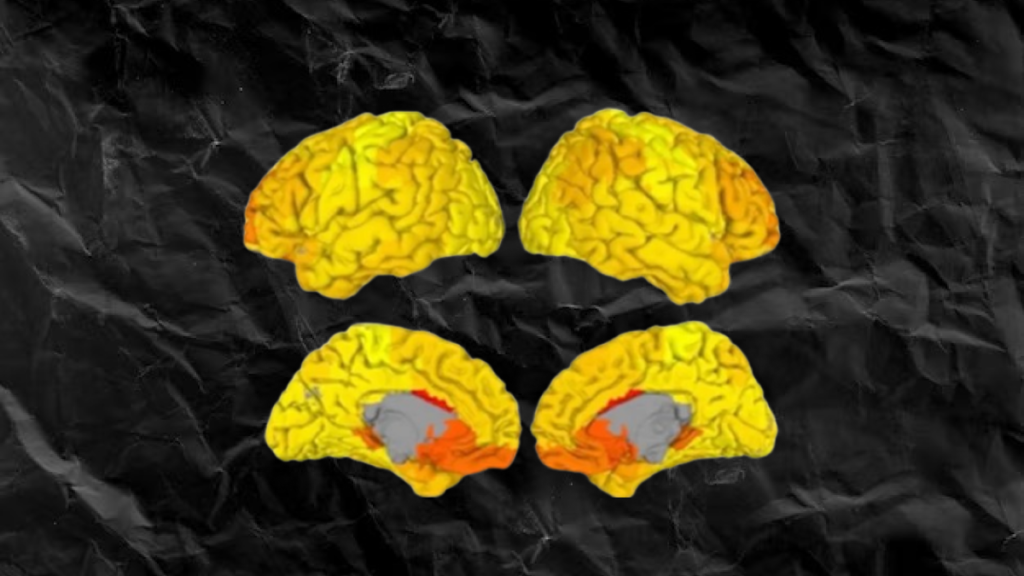Decode Your Mind: Understand Emotions with Brain Imaging

A recent study conducted by researchers at the Center for Neuroscience Imaging Research (CNIR) within the Institute for Basic Science (IBS), in collaboration with Dartmouth College, has harnessed the power of functional Magnetic Resonance Imaging (fMRI) and machine learning to delve into the realm of spontaneous thought.
Spontaneous thoughts, which persist continuously, even during rest or sleep, provide profound insights into individuals’ emotional states. However, studying them proves challenging due to their unconstrained nature. To tackle this obstacle, the team ingeniously employed personalized narrative stimuli crafted through one-on-one interviews with participants. These narratives, reflecting a tapestry of past experiences and emotions, served as the backdrop for the study’s exploration.
During fMRI scans, participants engaged in story reading while their brain activity was meticulously recorded. Through sophisticated analysis, the researchers pinpointed key brain regions, such as the anterior insula and midcingulate cortex, instrumental in predicting both personal relevance and emotional tone. These findings offer a tantalizing glimpse into the emotional undercurrents of spontaneous thoughts and hold promise for enhancing mental health diagnostics.
The study’s predictive models demonstrated remarkable versatility, decoding not only during story reading but also during moments of spontaneous, task-free thinking or rest. This breakthrough not only sheds light on individual differences in thoughts and emotions but also paves the way for more nuanced assessments of mental well-being.
Dr. Woo Choong-Wan, associate director of IBS and lead researcher, underscored the study’s significance in deciphering intimate emotions within the natural flow of thoughts, potentially offering a lifeline for mental health support. Kim Hongji, the study’s first author, echoed this sentiment, emphasizing its potential to decode the emotional tapestry of general thoughts, thereby enriching our understanding of subjective experiences and facilitating mental well-being assessment.

